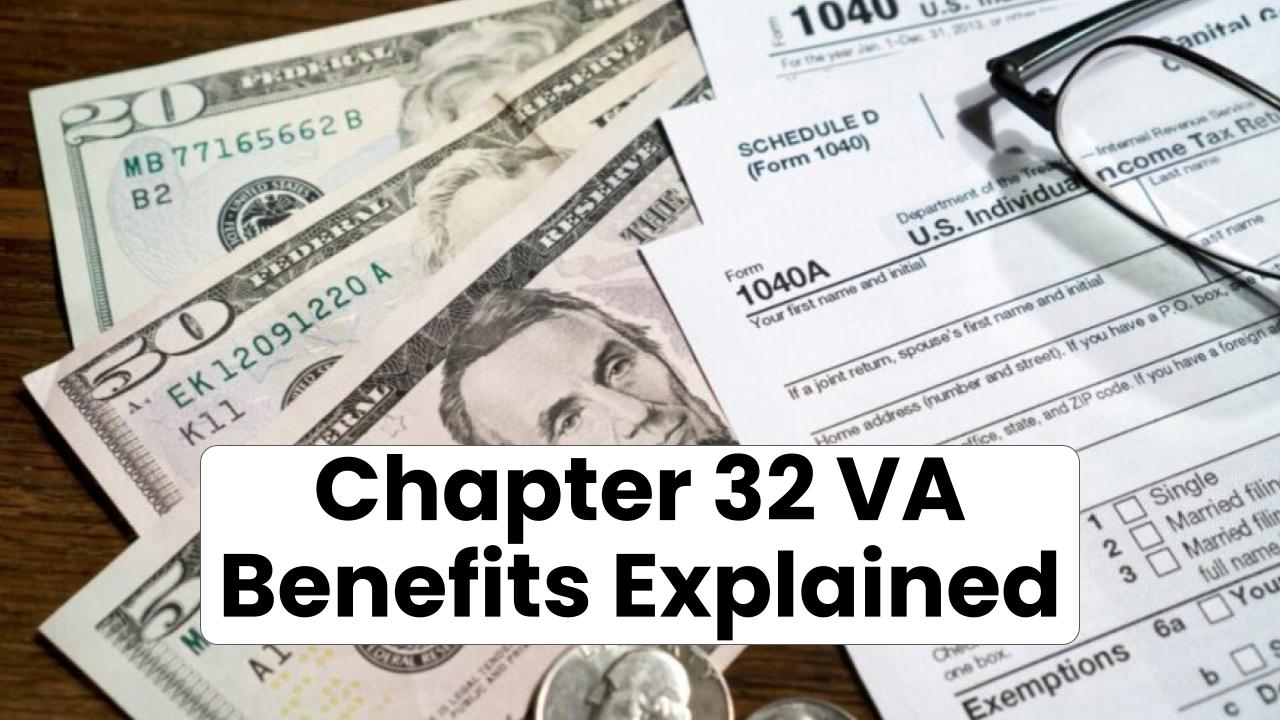Big news across the pond: the UK Minimum Wage is set to rise in 2025, and it’s got workers and businesses alike sitting up and paying attention.

UK Minimum Wage Set to Rise in 2025
| What’s Changing | Details |
|---|---|
| New National Living Wage (Age 21+) | £12.21/hr (up from £11.44) ↑ 6.7% increase |
| 18–20 Year-Olds | £10.00/hr (up from £8.60) ↑ 16.3% increase |
| 16–17 Year-Olds & Apprentices | £7.55/hr (up from £6.40) ↑ 18.0% increase |
| Annual Pay Raise for Full-Time Workers | Approx. £1,400 more for 21+ workers, £2,500 for 18–20 year-olds |
| Employer Burden | Extra £2,500 per employee incl. NIC hike |
| Effective Date | April 1, 2025 |
| Official Source | UK Government Site |
The UK minimum wage increase in 2025 is a bold move designed to help workers get ahead in a post-pandemic economy. It’s great news for employees, but employers need to plan now to avoid unpleasant surprises later.
Why the UK Minimum Wage Increase Matters in 2025
Here’s the deal: the UK government is bumping up the National Living Wage to help workers keep pace with the cost of living. With inflation making groceries, gas, and rent skyrocket over the last few years, folks earning minimum wage have been feeling the squeeze. This increase is meant to put more money in the pockets of low-wage earners.
But it ain’t all sunshine and roses—employers now need to cough up more cash, which means business costs are going up too. Especially for small businesses, this change is more than just a line item—it could be the difference between profit and loss.
What This Means for Your Paycheck (and Wallet)
If you’re a worker aged 21 or older, your hourly wage is jumping to £12.21. Let’s break that down:
- If you work 40 hours a week, that’s £488.40/week.
- Multiply that by 52 weeks: you’re looking at £25,396.80 a year, before taxes.
Compare that to the old wage (£11.44/hour):
- £457.60/week or £23,795.20/year.
- That’s a bump of about £1,600 annually.
For younger workers, it gets even better. An 18-year-old moving from £8.60/hour to £10.00/hour gains an extra £1.40/hour. That’s around £2,500 extra each year if you’re working full-time.
How Businesses Will Be Affected
Here’s the real kicker for employers: not only are wages going up, but so are National Insurance Contributions (NICs).
Quick Breakdown of Employer Costs:
- Wage increase: +£1,600 to £2,500 per worker annually
- NIC increase: From 13.8% to 15%
- Total added cost: Around £2,500 per full-time minimum wage employee
What Employers Are Saying:
Businesses in hospitality, retail, and food service are especially concerned. Big names like Tesco, Currys, and Wetherspoons have already warned they might need to raise prices or reduce hours to balance the books.
SMEs (Small and Medium-sized Enterprises) are worried too. Some are even thinking about layoffs or automation to manage the cost spike.
A Step-by-Step Guide for Employers
1. Update Your Payroll System
Make sure your payroll software is ready for the new rates. If you’re doing payroll manually, double-check those hourly wages.
2. Communicate with Your Team
Let your employees know when and how their pay will change. Happy staff = smooth transitions.
3. Adjust Budgets Early
Factor in the wage and NIC increases now. Better to tweak forecasts today than scramble later.
4. Review Staff Schedules
Look at where hours can be optimized. Maybe part-time roles make more sense. Maybe not.
5. Evaluate Pricing Strategy
You might need to raise prices slightly to keep profits stable. Just be transparent about it.
6. Explore Government Support
Check out programs like British Business Bank resources or HMRC guidance.
Long-Term Outlook: Will It Hurt or Help the Economy?
Research shows that modest increases in the minimum wage don’t automatically kill jobs. In fact, it can boost spending, improve employee loyalty, and reduce turnover.
That said, a jump over 6% can strain sectors with tight margins. The Bank of England is keeping a close eye on inflation, and economists predict up to 150,000 job losses if businesses can’t adapt. Still, many analysts argue that past wage hikes haven’t led to mass layoffs or bankruptcies.
FAQs
Q: When does the new UK minimum wage take effect?
April 1, 2025.
Q: Does this apply to all UK regions?
Yes, the National Living Wage applies across England, Scotland, Wales, and Northern Ireland.
Q: Will apprentices also get a raise?
Yup! They’ll go from £6.40 to £7.55 per hour.
Q: Is there help for small businesses?
The British Business Bank and GOV.UK offer resources and grants.
Q: Will this raise inflation?
A: Possibly a little, but higher wages may offset the effect by boosting spending.








